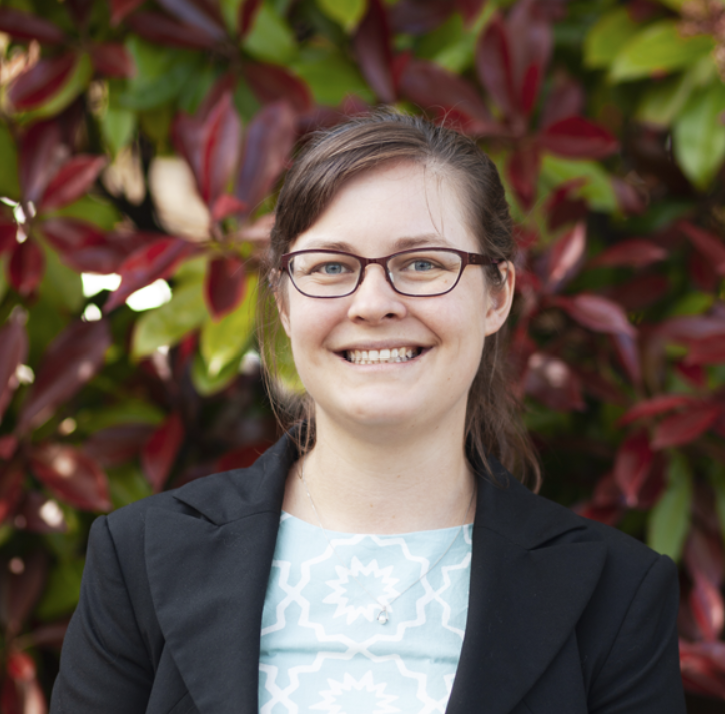Cléa P. Amundsen
Visit company website
I received my BA (Hon.) from McGill in Montréal, Québec, in 2005 before obtaining my law degree and a Master’s in European, Russian and Eurasian studies concurrently from University of Toronto in 2011.
I began working in family law upon my return to Vancouver, British Columbia, in 2013, and I have focused since then on lessening the impact that separation and divorce has on children.
I have been representing clients in international child abduction cases since 2019 and in relocation cases since 2014. I have been an accredited family law mediator since 2017 and a cross-border mediator since 2023.

Relevant experiences and positions

I have represented numerous clients during Hague proceedings in British Columbia since 2019. My firm is the leading authority on these types of cases in our province, and we have successfully advocated for the return of children to their home states in a number of cases. I usually represent the left behind parent, although I do also have some experience assisting the abducting parenting in negotiating a return, or going to court when negotiations fail.
In addition to child abduction cases, our firm focuses on relocations. I have represented clients wishing to relocate with their children both at trial and at mediation and settlement discussions.
I also represent clients when there jurisdictional issues arise, including disputes about jurisdiction regarding parenting matters, child and spousal support, and property division. I have argued both sides of these matters, depending on my client’s position and the specific circumstances of the case. Jurisdictional issues in British Columbia can be quite complex, and my firm is one of the few that specialize in this area of law.
Some personal questions
What is your advice to parents who are thinking about relocating with a child?
My advice to parents who are thinking about relocating is that these are some of the most difficult cases that we deal with. Unless the other parent is prepared to agree to the relocation (which does happen on occasion), the parent wishing to relocate faces a full trial, which can be set quite far in the future and can also be very expensive. In addition, unless the facts of the case clearly favour relocation, judges often default to the status quo, even though they are not really meant to.
Why is it interesting for you as a lawyer to work on these cases?
My interest in working on these cases comes from a desire to help families in what are very difficult circumstances. I believe that the rapid resolution of abduction cases benefits children, as well as their parents. I also find it both professionally and personally fulfilling to assist a parent in having a child returned to his or her home jurisdiction.
What makes a child abduction case different from other cases?
Child abduction cases are very different from other family law cases. The procedure in British Columbia is different, as the cases begin by way of petition and use affidavit evidence, rather than live testimony. In addition, these types of cases are meant to proceed rapidly. If the other country is a signature under the Hague Convention, then there are specific procedures in place to ensure that the hearing is held as soon as possible, usually within two months. If the other country is not a signatory, then there are no specific procedures, although the cases are still meant to proceed rapidly.
Which cases are you most concerned with?
In 2018, the Supreme Court of Canada significantly changed the law regarding Hague. Although previously the only concern was parental intention, the Supreme Court adopted a hybrid approach in 2018 that looks at both parental intention as well as the child’s circumstances. I have had recently had cases where the court has given significant weight to the child’s circumstances and has, as a result, found that the child became habitually resident in British Columbia. These types of cases are a significant concern to me as they make it significantly more difficult to advise clients in similar circumstances given that much is left to the judge’s discretion.
Do you advice parents to file criminal charges in case of child abduction?
This is a difficult issue in British Columbia (and Canada more generally). Our courts have found on occasion that, if an abducting parent who is also the child’s primary parent is facing the risk of arrest, then this can amount to a grave risk of harm under the Hague Convention. Given this case law, my advice to parents is to avoid filing criminal charges if at all possible.

